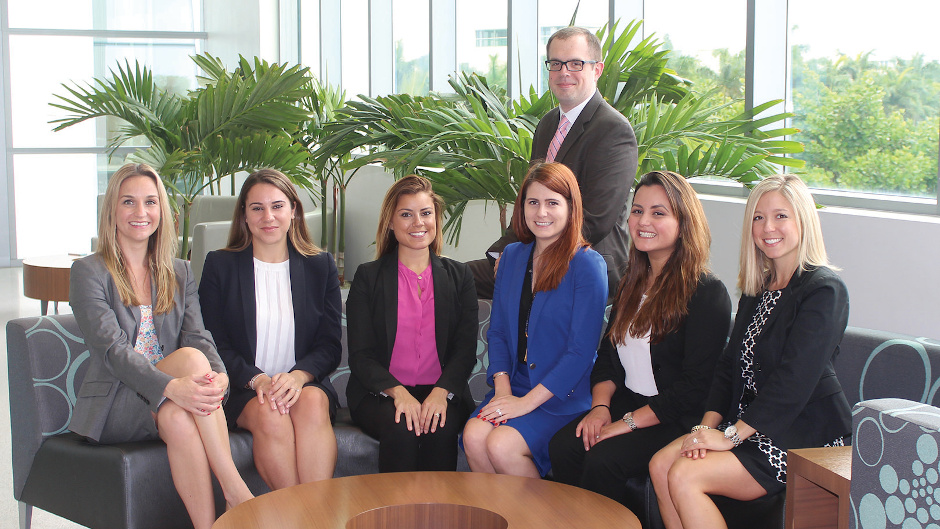Part 2 of 2:
Read Part 1 of 2: “Immigration Clinic Helps Unaccompanied Border Children”
Due to the enormity of the need for legal assistance for unaccompanied minors, the Immigration Clinic is collaborating with local nonprofit organizations to strategize about how to best serve the population of recently arrived immigrant children.
Out of this collaboration, the Clinic took on the case of an 11-year-old child whose deportation court case was dismissed by the immigration judge because the U.S. government failed to prove it provided sufficient notice of the charges against him. The U.S. government appealed and local nonprofit organizations asked the Clinic to take the child’s case to defend the immigration judge’s decision. Although the Board of Immigration Appeals reversed the judge’s decision, the Clinic’s efforts were recognized by the American Immigration Lawyers Association and other organizations. Adam Hoock, a 3L fellow with the Clinic, wrote the brief in the case.
“I cannot imagine being a child forced to navigate the complicated immigration system on my own,” said Hoock. “It was a rewarding experience to advocate for our client's rights to proper notice and to bring these fundamental due process issues to the court's attention.”
Hoock also represented two brothers who were detained by Customs and Border Protection agents in Texas and kept in inhumane conditions for four days. The children were held along with other detainees in CBP holding cells that were kept so cold that agents themselves refer to them as hieleras or iceboxes in Spanish. CBP agents took the children’s sweaters from them upon arrival, and did not provide them with blankets to shield them from the cold. Because the cells have no beds or mattresses, the children were forced to sleep on the concrete floor. They were provided with only two meals a day, and were deprived of any hygiene products. The children also suffered verbal and physical mistreatment. With Hoock’s help, the boys informed CBP investigators of the conditions they endured.
Immigration Clinic students Caroline McGee and Elby Hernandez, both 2Ls, have also started work on the case of an unaccompanied border child, a 15-year-old boy from Guatemala. After traveling multiple times to Homestead for interviews with their client about his life in his home country, the students reflect on the client’s circumstances.
“This case has made me recognize the gravity of one of the most pressing humanitarian issues today, which is the plight of the undocumented immigrant children from Central America,” Hernandez said. “Our client is a teenage boy who, instead of spending time with his family and dealing with typical teenage issues, had to make the incredibly dangerous journey from Guatemala to the U.S.”
What impacted McGee most about working with the teenager was hearing about this journey. “After being abandoned by his guide in the desert, where temperatures average over 110 degrees in July, our client is lucky to be alive. He is now excelling in school, learning English, and hoping to attend college,” said McGee.
“Working with children who have suffered abuse and neglect can be extremely challenging,” said Romy Lerner, supervising attorney with the Immigration Clinic. “The students rose to that challenge, doing an exemplary job for their young clients while gaining essential skills in client interviewing, legal writing and oral advocacy. They should be incredibly proud of their work. ”

